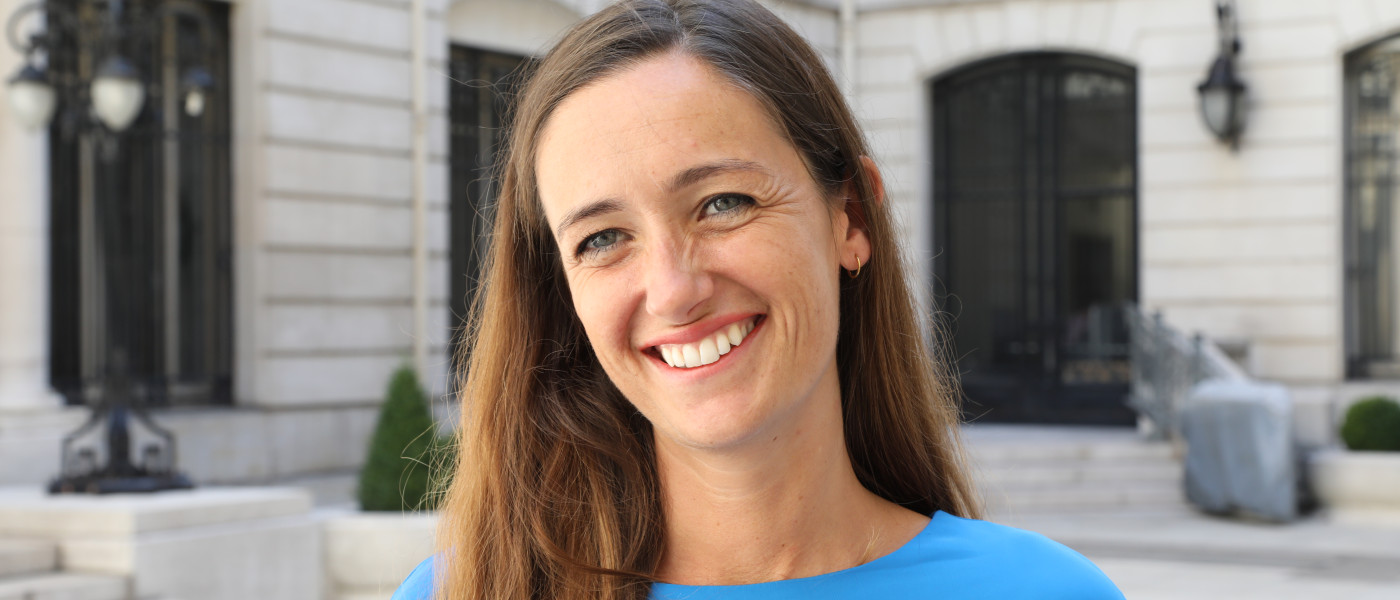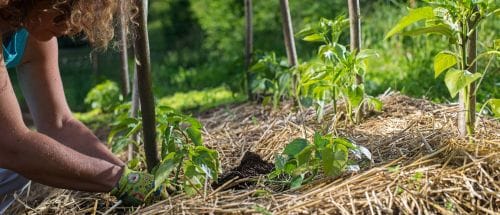What are the missions of Green Company for Employees?
Reducing single-use plastic was the theme in 2019. What is your assessment of the actions of employees in this area?
Despite the Covid-19 pandemic which caused us some temporary setbacks, we’ve made considerable efforts together, which have borne fruit! And it’s not over, since the teams continue to alert us when they notice something “wrong” such as disposable cutlery or beakers, plastic packaging that could be replaced or done away with, depending on the case. Beyond individual awareness, we can clearly see that everyone now wants to play a part and add their building block to the structure. The proliferation of water bottles and mugs on desks in a short space of time tells its own story.
Find Perrine Tiret on LinkedIn
What are the latest advances made towards zero-plastic at Group level?
We are working with teams around the world to move towards zero plastic, especially with our suppliers in many countries. There are lots of examples, but over the past year there are three that I find particularly noteworthy. First in Morocco, where BMCI signed its “Zero-Plastic” charter to eliminate disposable items made of petroleum-based plastic from work and catering spaces. This idea of zero plastic has also been closely integrated into the exhaustive referencing work done by the Group Strategic Sourcing teams in France on meal delivery companies. It’s really a tool for organising events in a more responsible way, because an all-encompassing approach has been taken to the various environmental issues. So this means plastic, but also the fight against waste, types of transport… also with a social responsibility component, to encourage recourse to ESATs (French support and work assistance establishments), which employ people with disabilities. Finally, the latest prime example of the Group’s desire to do its part in saving resources is the end of promotional gifts. We no longer distribute goodies at trade shows or during our events. In terms of brand communication, it’s a deliberate choice and a commitment of key importance.




